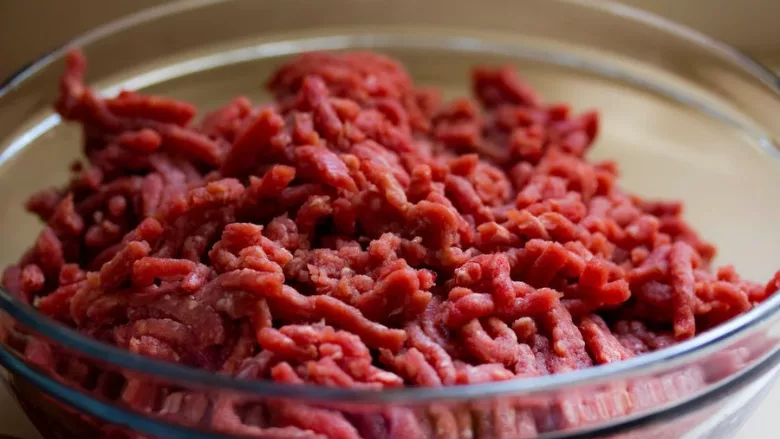Global Experts Meet to Discuss Cell-Based Food Safety for the First Time; Hosted by FAO, WHO

Credit: Angele J (angele-j-35172) via Pexels
On November 1–4, 2022, a group of 24 experts from 15 countries gathered in the Republic of Singapore for the first global consultation on the safety of cell-based foods (also known as “cultured” or “lab-grown” foods). The meeting was convened by the Food and Agriculture Organization of the United Nations (FAO) and the World Health Organization (WHO) to identify the food safety hazards associated with cell-based foods.
The meeting on cell-based foods closely follows the publication of three FAO documents discussing food safety aspects of the novel commodity: the terminologies, the generic production process, and existing regulatory frameworks.
The experts found that cell-based foods carry the same hazards as conventionally produced foods; specifically, the occurrence of microbiological contamination, as well as chemical residues or byproducts introduced to food during production or processing. However, the experts concluded that microbial contamination during culturing would typically inhibit cell growth. Therefore, if the cells have grown and reached product expectations for harvest, microbial contamination likely did not occur during the production process. Microbiological contamination could still occur after harvest, as with any other food product.
Risk mitigation tools available for the management of existing hazards, such as good hygiene practices and Hazard Identification and Critical Control Points (HACCP), are as applicable to cell-based food production as they are to conventional food production, the experts noted. The technical panel also highlighted that food safety assurance plans would also need to take into consideration the use of materials, inputs, ingredients, and equipment that can be specific to cell-based food production.
The Government of Singapore, which took part in hosting the meeting, is the first country to approve a cell-based food product. During the approval process, Singapore developed a checklist for conducting food safety assessments of cell-based products, and later issued a policy document that includes guidance for industry compliance with regulatory requirements and registration.
The experts also underlined the need to determine appropriate terminology for cell-based foods, as nomenclature can have a significant impact on consumer perception, as well as relevant regulatory requirements such as labeling. The technical panel recommended that food safety authorities consider choosing the appropriate terminology, given different cultural, social, and geographical contexts around the world.
The results of the expert consultation will be made available in a publication in early 2023 as part of greater efforts to facilitate understanding and management of cell-based foods.
Looking for quick answers on food safety topics?
Try Ask FSM, our new smart AI search tool.
Ask FSM →








